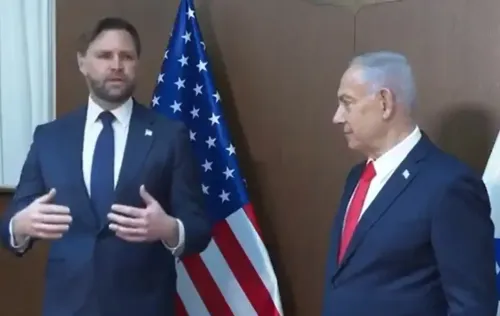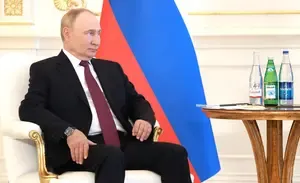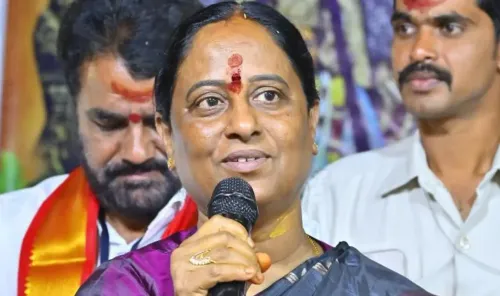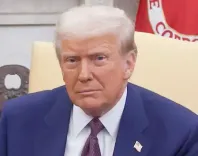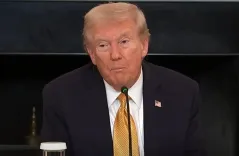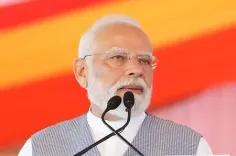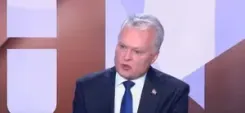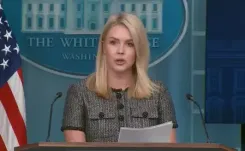Did Shehbaz Sharif Confirm Indian Strikes on Pakistan Airbases?
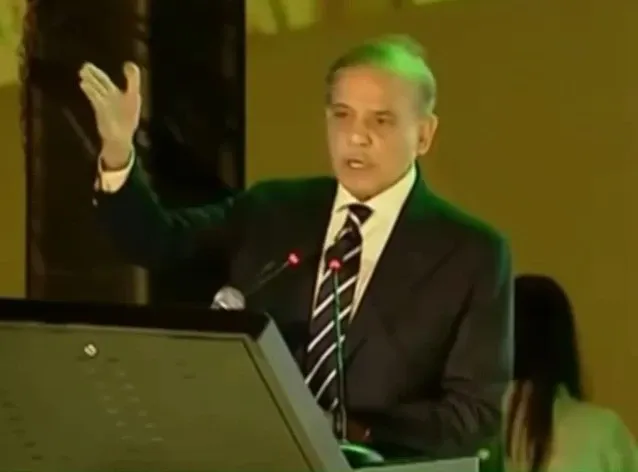
Synopsis
Key Takeaways
- Shehbaz Sharif acknowledges the Indian airstrike on Nur Khan airbase.
- The incident occurred on the night of May 9 and May 10.
- Pakistan's military response involved drones and airstrikes.
- International support was crucial in promoting peace.
- Sharif praised Donald Trump for his intervention.
Islamabad, May 17 (NationPress) - In a significant acknowledgment, Pakistan's Prime Minister Shehbaz Sharif has officially recognized that the Nur Khan airbase in Rawalpindi was targeted during the night of May 9 and May 10, amid a series of missile strikes initiated by India on various Pakistani airbases.
Sharif made this declaration during a speech at the grand event named "Youm-e-Tashakur" (Thanksgiving), which Islamabad has dubbed a "sham celebration" marking the success of Operation Bunyanum Marsoos and Marka-e-Haq against India.
During the ceremony held at the famous venue "The Monument", the Prime Minister elaborated on the sequence of incidents that led to Islamabad's response towards India.
While recounting the events, he confirmed and validated India's assertion that the Nur Khan airbase was indeed struck by Indian missile fire.
"On the night of May 9 and May 10, at approximately 2:30 a.m., the Army Chief contacted me through a secure line, informing me that India had attacked us with ballistic missiles. One missile struck the Nur Khan airbase, while several others affected different locations," Sharif stated.
He further noted that Army Chief General Asim Munir sought authorization to retaliate against India with full force, which subsequently resulted in a substantial counterattack by Pakistan involving drones, airstrikes, and missile strikes. However, these efforts were effectively countered by the Indian military with remarkable precision.
The Pakistani Prime Minister's address also highlighted Islamabad's appeal for peace negotiations.
"I am deeply thankful to all the friendly nations that have played crucial roles in fostering peace and a ceasefire in this region, advocating for all reasonable arguments for de-escalation," he expressed.
Sharif acknowledged countries such as Saudi Arabia, UAE, Qatar, Kuwait, Iran, Turkey, China, and Britain for their contributions in diffusing tensions between India and Pakistan.
He specifically commended US President Donald Trump for his timely intervention during the crisis.
"Most importantly, I want to extend my gratitude to President Trump for his remarkable leadership and vision that emphasized the need for peace to be restored in South Asia at the earliest. His strategic guidance was instrumental in averting a potentially devastating war in this region," Sharif concluded.

